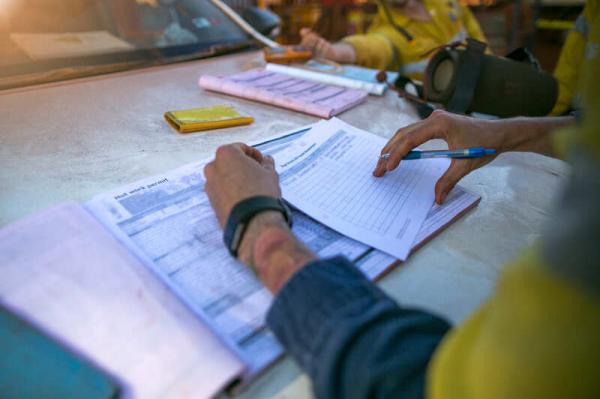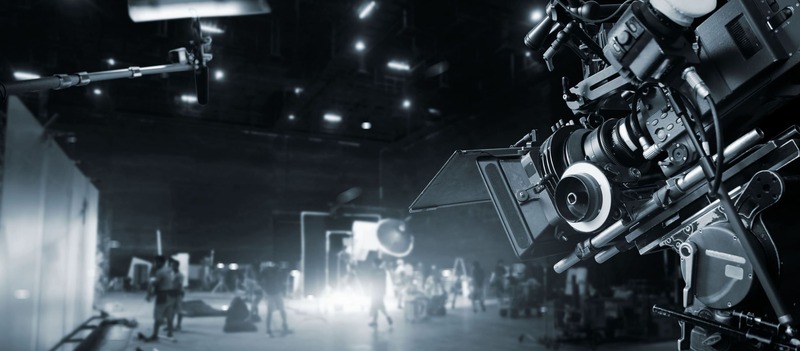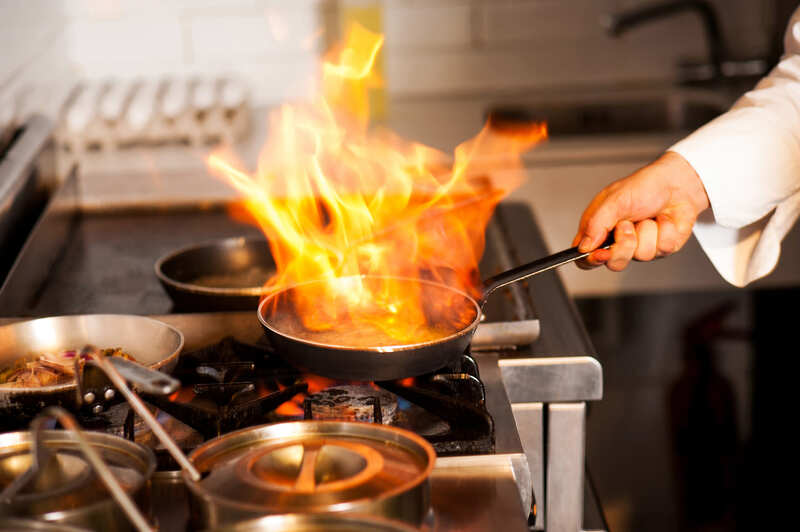Blog Post
Safety Officer Course: Exciting Industries That Require Safety Officers (Part 1)

In the fast-paced working world that we’re living in, a safety officer course qualification is not only an extremely valuable asset to have but a necessity if you’re looking to build a career as a safety officer. Just about any business in any industry can benefit from having a safety officer employed. As a qualified safety officer, this is greatly beneficial as your options, in terms of the industry to work in, become incredibly broad outside of just the traditional industries that are normally associated with health and safety.
Safety Officer Course: What Is A Safety Officer?
But first, let’s look at what a safety officer actually is. In a nutshell, a safety officer is a qualified professional who is responsible for ensuring that a workplace or organisation complies with health and safety regulations, laws, and policies. The main aim of a safety officer is to eliminate and/or minimise the chance of accidents, injuries, and illnesses in the workplace by identifying possible hazards in the environment and subsequently implementing the necessary safety programs and procedures.
Safety Officer Course: Qualities Of A Safety Officer
Like any occupation, having certain natural qualities and personality traits would make one better suited for a career as a safety officer. By no means are any of them “make-or-break” for becoming a safety officer or not, and some skills can be learned over time, but possessing some of these skills naturally, could be a good indication of whether a safety officer course is the next step for you. They include but are not limited to:
- Accountability
- Compassion
- Communication skills
- Decision-making skills
- Observation skills
- Problem-solving skills
- Organisational Skills
- Self-awareness
- Listening skills
Safety Officer Course: Where Can Safety Officers Work?
When you think of taking a safety officer course and the industries that you may work in, chances are that the construction, manufacturing, health care, and mining industries are the sectors that you immediately think of - and for good reason. These are the industries that are the most susceptible to accidents occurring, making safety officers essential, but did you know numerous other, not-so-obvious industries require safety officers too?
By law, every business in South Africa needs to conform to a health and safety legislature of some kind, no matter what industry the business is in. For this reason, the demand for safety officers is continuous and opportunities for safety officers are virtually endless. This means that with the right safety officer course and experience, you are open to work in many different disciplines, across many different industries. giving you ultimate flexibility and opportunities for career growth. Here we’re taking a look at some other industries where safety officers are required.
Safety Officer Course: Entertainment Industry

The entertainment industry can be a captivating and exciting space to work in once you have taken a safety officer course. Safety officers play a crucial role in this space as there are countless potential safety hazards for employees, performers, and audiences in cases of live events. Safety officers in the entertainment industry are responsible for identifying and mitigating risks associated with things like pyrotechnics, rigging and special effects, as well as ensuring compliance with all safety regulations and standards.
In film and television, for example, the safety officer has the responsibility of ensuring that production companies adhere to all safety requirements when shooting sequences that require things like stunts, firearms, and special effects so that they don’t pose any risk to anyone on set. Outside of the ‘obvious’ danger associated with filming; the responsibility of the safety officer also extends to making sure that everyone on set feels safe with the type of scenes that may take place.
When it comes to live entertainment, safety officers are responsible for ensuring that venues are safe for both the performers and the audience. This includes inspecting and testing rigging and lighting equipment, ensuring that exits are clearly marked and accessible, and monitoring crowd control and emergency response plans. In addition to identifying and mitigating risks, safety officers also play a critical role in emergency response. They’re trained to respond to accidents, injuries, and other emergencies that might occur, and work closely with other safety personnel to ensure coordinated responses if need be.
Safety Officer Course: Hospitality

Believe it or not, the hospitality industry is prone to many safety hazards for employees and guests alike. Safety officers, therefore, play a crucial role in eradicating potential risks within this space. In the hospitality industry, safety officers are responsible for identifying and alleviating risks associated with things like food safety, occupational hazards, and emergency preparedness.
In terms of food safety, safety officers have to ensure that proper food handling procedures are followed at all times to prevent potential contamination that could lead to foodborne illnesses. This includes monitoring food storage temperatures, ensuring proper sanitation procedures are in place, and providing food safety training to employees of restaurants and factories where manufacturing takes place for the end consumer.
Occupational hazards are also a big concern in the hospitality industry. For instance, a kitchen holds the potential for various accidents waiting to happen if the correct safety procedures aren’t followed. Sharp objects, electrical appliances, and open flames are just some of the risks kitchen staff deal with daily. A qualified safety officer is responsible for identifying these hazards and continuously seeing that the staff in these environments are trained and kept informed of the best practices.
In addition, safety officers in the hospitality industry, like most other industries, are also responsible for emergency preparedness, should an emergency occur. They work to develop and implement emergency response plans, train employees on emergency procedures, and conduct regular drills to ensure that everyone is prepared in the event of an emergency.
Safety officers in the hospitality industry play a vital role in ensuring that employees and guests alike are safe and that the hospitality experience is enjoyable and free from safety hazards. They work diligently behind the scenes to identify and mitigate risks, and to ensure that everyone is prepared in the event of an emergency.
GET IN TOUCH
There are a few ways to reach us below. Please feel free to contact us via phone, email or you can send us a message via the form provided and we will get back to you.




















